What Now for Unions?
The American Prospect
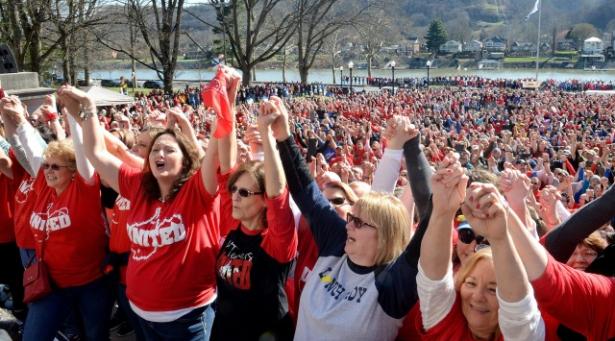
Republicans on and off the bench are moving to kill unions. But millennials—the most pro-union generation since the 1930s—may yet find a way to organize.

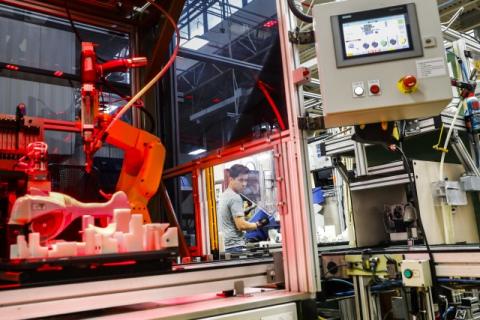
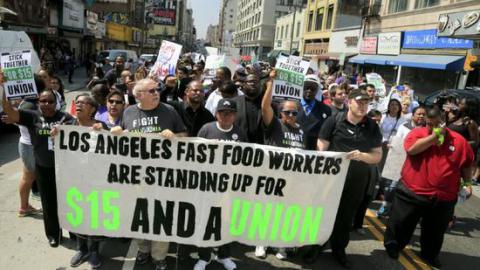
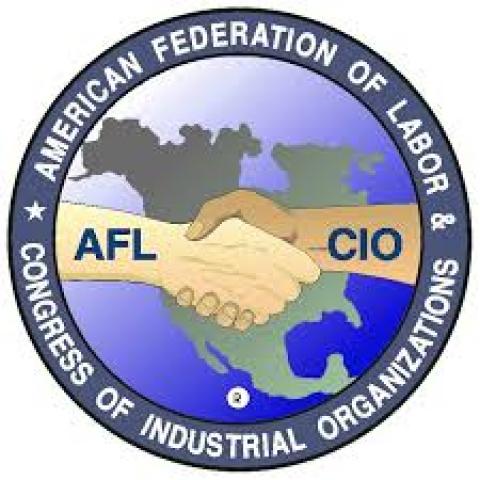
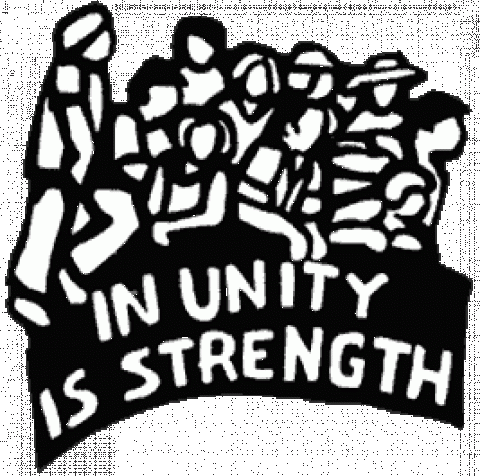
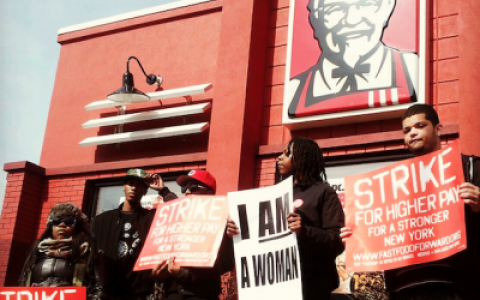
Spread the word